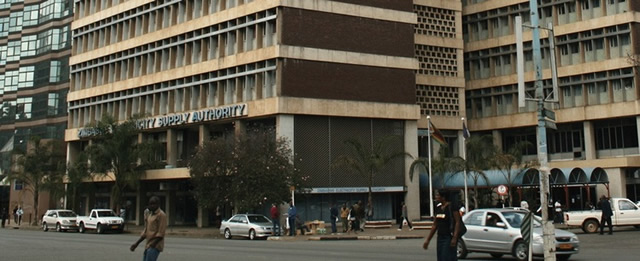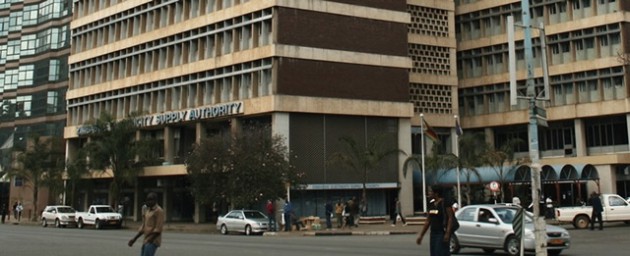EDITORIAL COMMENT: Parastatal reform critical for growth

 PARASTATALS and State-Owned Enterprises are an important instrument in the Government’s toolbox for economical and societal development.
PARASTATALS and State-Owned Enterprises are an important instrument in the Government’s toolbox for economical and societal development.
However, to date, Zimbabwe has not seen the full value of keeping such enterprises as they have become a burden to the Government and a catalyst in the high cost structure of industry.
Given that the economy is operating below capacity, it is important that Zimbabwe steps up reforms which will address constraints to growth especially in infrastructure in the key sectors of energy, water and transport.
These key sectors are controlled by parastatals such as Zesa, Zinwa and the National Railways of Zimbabwe.
There has been talk within Government of plans to reform, restructure and/or commercialise some of these enterprises, but to date little if anything has been done in this regard even after 10 parastatals were identified back in 2010 as key.
The restructuring plans have not yet been fully developed although there is talk of audits in some of them. Ordinarily, State-owned institutions (parastatals, State enterprises and local authorities) should be engines for economic development. In other countries parastatals are an important sector.
Parastatals provide the link between the Government and economic agencies and the public. The idea is to create a platform that delivers goods and services at affordable cost to the citizens.
Every society is made up of different demographic structures and is divided in terms of earnings base. While others may afford goods and services from the private sector, others may not be able to. It is not because the private sector segregates, but simply because they are designed to think profit. They are not donors.
Essentially, this is where parastatals are critical to provide avenues which the poor can access and be able to afford basics, most of which are rights enshrined in the Constitution.
Government, through parastatals should be able to ensure that all people access vital services equitably. However, this happens only where the State-owned institutions are operating efficiently.
In our situation such a link is weak if not out rightly non-existent. More importantly these entities have become a drain to the fiscus. But not only have they consistently sucked the economy over the years, but many of them have become the bedrock for corruption, a cancer maligning the moral and economic fabric of Zimbabwe.
In view of these circumstances, we must urgently address this cancer.
In Zimbabwe what is, ostensibly, wrong about it is that strategically important parastatals and State enterprises in Zimbabwe among them National Railways of Zimbabwe, TelOne, NetOne, Air Zimbabwe, Cold Storage Company and ARDA have not performed to expectations.
Corruption and nepotism seems to have been the order of day at most of these public entities and that includes wanton abuse of resources and violation of procedures and standing rules, often highlighted in the auditor-general’s reports, which is now entrenched in how the organisations operate to the detriment of economic development efforts across the whole country.
The failure by parastatals to perform is costly to Government.
Simply put, people will have to settle for more expensive alternatives when parastatals cannot provide basic services or products.







Comments